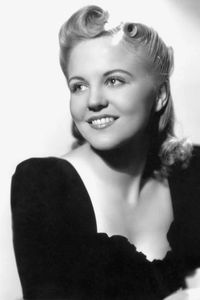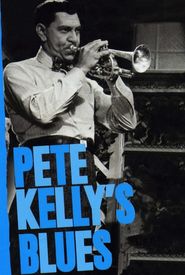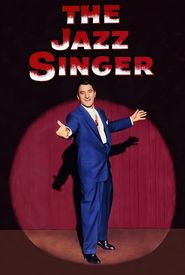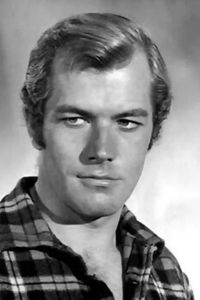Peggy Lee was born Norma Dolores Egstrom on May 26, 1920, in Jamestown, North Dakota. At the tender age of four, her mother tragically passed away, leaving her in the care of her father, a railroad station agent. Her father remarried, but unfortunately, her stepmother was physically abusive, a painful experience that Peggy would later immortalize in her calypso number "One Beating a Day" from the autobiographical musical "Peg", in which she made her Broadway debut at the age of 62.
As a young girl, Peggy worked as a milkmaid, later turning to singing for money in her teenage years. Her big break came when Benny Goodman hired her to sing with his band after hearing her perform. Peggy's star power soared when she and Goodman cut the hit record "Why Don't You Do Right?" and went on to record timeless classics such as "Fever", "Lover", "Golden Earrings", "Big Spender", and "Is That All There Is?", the latter earning her a Grammy Award in 1969.
Peggy's unique vocal style left an indelible mark on countless swing tunes, ballads, and big band numbers, earning her the reputation of being a performer capable of interpreting a song as uniquely as Billie Holiday, Ella Fitzgerald, and Bessie Smith. Her 1989 album "Peggy Sings the Blues" was a Grammy Award nominee. As a prolific songwriter and arranger, Peggy wrote for jazz greats Duke Ellington, Johnny Mercer, and Quincy Jones, earning her the coveted Pied Piper Award from the American Society of Composers, Authors and Publishers (ASCAP) in 1990.
Peggy also made her mark in Hollywood as an actress, earning an Academy Award nomination for her role as a hard-drinking singer in the jazz saga "Pete Kelly's Blues" (1955) and composing songs for the 1955 Walt Disney animated classic "Lady and the Tramp" (1955). The animated film featured a character named Peg, a broken-down old showgirl of a dog, whose provocative walk was inspired by the stage strut of Peggy Lee. Later, she sued Disney and won a landmark legal judgment for a portion of the profits from the videocassette sale of the film.
Despite her remarkable career, Peggy's personal life was marked by physical ailments, including an ear-fatal fall in 1976, diabetes, and a stroke in 1998. She was married four times, all ending in divorce. She and her first husband, guitarist Dave Barbour, had a daughter, Nicki, her only child. Peggy and Dave were on the verge of a reconciliation in 1965, but tragically, he died of a heart attack before the couple could rekindle their romance.































